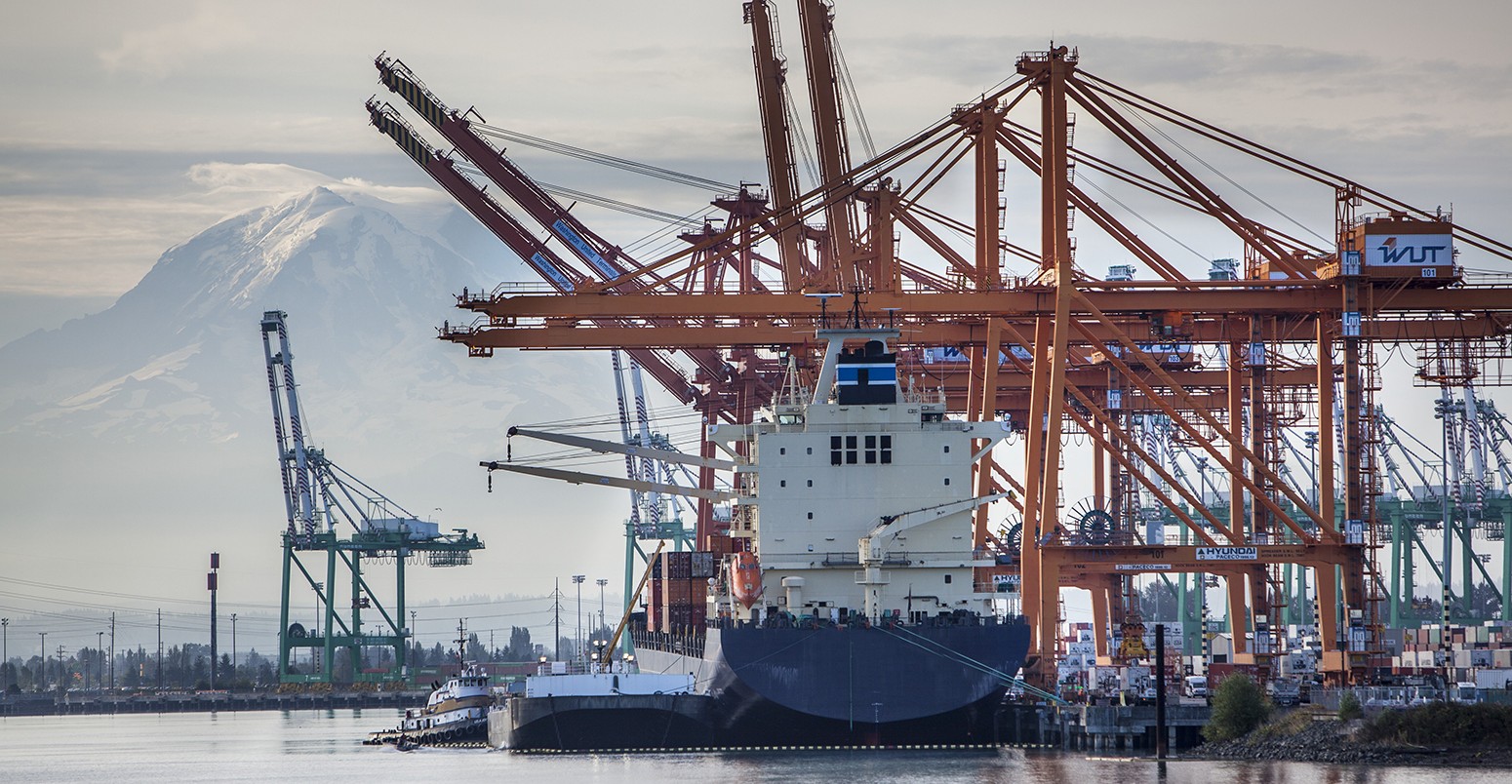
Video: Maritime experts on the need to reduce shipping emissions
Sophie Yeo
04.22.16Sophie Yeo
22.04.2016 | 3:34pmWhen the United Nations secured a deal on climate change last December, but excluded the international transport sector, it placed pressure on aviation and shipping to come up with their own solutions on reducing their emissions.
The International Maritime Organization (IMO) met at its London headquarters this week to address this thorny problem.
It’s not the first time that the IMO has steered a course into the climate change debate.
A proposal last year to deal with the sector’s rising emissions — currently more than 3% of the global total — failed to make any headway. Carbon Brief investigated the impact of shipping on climate change at the time.
With the Paris agreement in tow, in which countries pledged to reduce emissions to net zero in the second half of the century, there was renewed hope that the IMO could tackle the issue. As France’s delegate told the room during negotiations on Thursday, the IMO would be “subject to ridicule” if it failed to make progress.
But despite some pressure, delegates only agreed to continue discussions from this week in depth, when they reconvene in October.
It was a disappointing outcome for many, including Belgium, France, Germany, the Marshall Islands, Morocco and the Solomon Islands, which had submitted a proposal to begin work on figuring out a timetable and work plan that would define the shipping sector’s fair share in global emissions reductions.
However, they faced strong opposition from countries including China, Brazil and the Cook Islands, which insisted there should be no progress on this task until ship data has been collected and analysed.
Carbon Brief spoke to two maritime experts about the outcome of the meeting, and the importance of reducing emissions from the shipping sector.
Dr Tristan Smith, reader in energy and shipping at University College London’s Bartlett School of Environment, Energy and Resources…
Simon Walmsley, head of the marine programme at WWF-UK…
This map from the data visualisation studio Kiln, in collaboration with the UCL Energy Institute, gives an idea of the scale of the global merchant shipping fleet, using data from 2012:
-
Carbon Brief asks to two maritime experts about the importance of reducing emissions from the shipping sector

